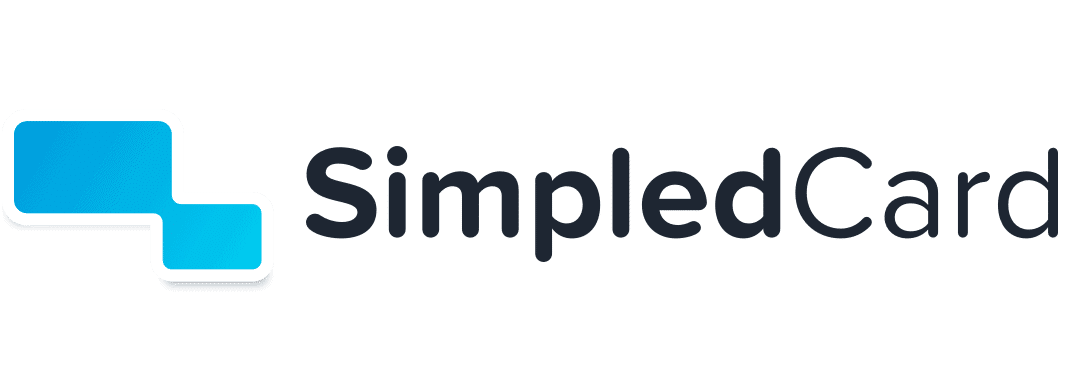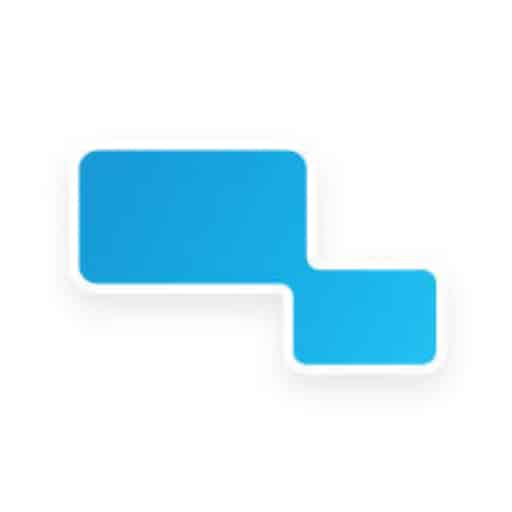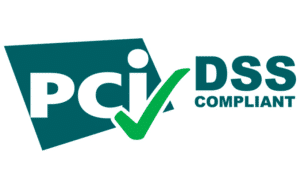Even nowadays, where almost everything is online, some businesses still have a petty cash box at the office. Obviously, these have their uses but there are also drawbacks. The biggest challenge with petty cash is keeping all records in order. And that is not easy.
What is petty cash?
Petty cash is a limited supply of cash that you keep in the office to pay for small, impromptu purchases.
Even nowadays, with contactless and mobile payments rapidly conquering the world, many companies and organizations still use them.
This makes sense, as then employees don’t have to advance their own money to pay for small business expenses. For example, when buying a birthday present for a colleague or quickly picking up a few office supplies for the team.
Where are petty cash boxes used?
From local sports clubs to charities and from SME’s to (semi-)government bodies: petty cash can be found in all kinds of organizations.
Generally speaking, petty cash boxes work best for organizations with fewer than fifty employees or having up to 10 departments needing small amounts of cash on a regular basis.
Often, the daily management of the cash box is done by someone who has been specially appointed for this job. This can be a treasurer or a volunteer, kindly taking on the responsibility.
The rules and principles of keeping petty cash are pretty much the same everywhere, but every industry and organization has its own specific challenges when it comes to money management. We will highlight a few of them.
❯ Retail
Often, in places where the tills ring continuously, you will find that petty cash is still used. For example in retail, where shop managers regularly need small sums of money to run their business.
Obviously, you want to avoid using cash from the cash register for this purpose.
Take for example pizza chain Domino’s, where shop and area managers often have (or approve) small business expenses for individual branches and cash regularly changes hands.
To get more grip on the many petty cash boxes in different branch locations, Domino’s needed a nationwide, universal solution.
❯ Healthcare
From mental health institutions to home care, from clinics to nursing homes, you will find that petty cash in healthcare organizations is still alive and kicking.
Of course, also in this sector, organizations are taking steps towards being cashless. But that doesn’t mean that all employees, patients and visitors are ready for it.
Popping out to get a work anniversary gift for a colleague? In need of a few stamps for the office? Or providing clients with their daily budget? Then cash will certainly come in handy.
In which case we’ll then have to hope that the healthcare employees keep their records organized. Especially with self-managing teams, this can be a worry, as it adds extra work to their already busy schedules.
❯ Childcare Centres
At daycare centres not only the small children need to be watched but also the sometimes many small expenses.
A petty cash box can certainly keep employees quite busy. Especially when the daycare centre or after-school childcare is part of a bigger organization.
For example, the 25 individual branches of BSO Zus en Zo used to receive an envelope with cash each week and the cash managers at each location would, at the end of the week, hand back the left-over change and receipts from purchases.
A lot of hassle, time-consuming and error-prone. That could certainly be improved.
❯ Education
Guesswork, business expense transfers to private accounts and uncertainty about budget deficits or surpluses. Sounds like a recipe for accounting disasters.
Nevertheless, these are not uncommon scenarios for primary and secondary schools when organizing excursions and/or school trips (abroad).
Often, the school board still transfers an advance payment into the private accounts of the staff members involved in the outing.
Upon return from the school trip, the accounts are drawn up and money must be refunded or paid extra. This creates extra work and additional manual transactions, increasing the risk of errors.
The Carmelcollege Foundation shared this experience. The foundation offers education in more than 50 locations in the Netherlands and needed a safe alternative to the confusing and inefficient system of advance cash payments.
Stay in the know
Our latest blog articles, business developments and finance news. Straight into your inbox.
4 tips to manage your petty cash
Are you already using a petty cash box or are you considering getting one? Then make sure it is managed properly. This reduces the risk of cash shortages or discrepancies, due to errors, fraud or carelessness.
1. Appoint someone to manage the petty cash box
Whether your organization has one petty cash box or several, make sure that there is a designated person responsible for each box. This person is authorized to take money out of the cash box and/or disburse funds to colleagues. He or she also keeps the ledger up to date.
2. Make sure you have a clear cash policy
Under which conditions may the petty cash box be used? What is the spending limit for purchases? Who is responsible for collecting the receipts? Having clear guidelines prevents misunderstandings and even fraud.
3. Register all expenses and earnings
No matter how small the amount, make sure that a record is kept of who received what, when and for which reason. If you meticulously register all transactions, you will know if and which receipts are missing at the end of the month. This gives the person in charge more control over the way petty cash is managed.
4.Regularly review your cash box usage
If you want to make sure that the petty cash box is used properly, you will need to evaluate its use. For example, go through the ledger every three months. Check if there have been any eye-catching expenses, transactions have been properly recorded and if certain spending patterns require extra scrutiny.
Switching from petty cash to a bank card
Are your petty cash boxes causing administrative turmoil and costing your finance team a lot of time and effort? Then maybe it’s time to stop using cash.
That doesn’t mean that petty cash transactions are no longer possible. But instead of change, receipts and verbal agreements, you can opt for prepaid debit cards, an app to collect receipts and process justifications, and a transparent, digital expense management platform.
SimpledCard offers such an all-in-one solution, making it easy to take business expense management to the next level. With this user-friendly platform, the registration, justification and checks of expense transactions are 100% automated.
Employees will be able to switch effortlessly, as they already know exactly how a bank card works. In addition, they can easily upload receipts via their smartphone and justify their expenses with a few clicks.
Financial teams have real-time insight and are quickly able to adjust the balance and limits of the bank cards. This makes it easier to keep a grip on expenses, cut down on red tape and save everyone in the company a lot of time.
Contact us about petty cash management
Are you wondering about how you can replace petty cash boxes and easily implement SimpledCard within your organization? And employees can organize their expense justifications more easily and your finance team can quickly get a grip on small business expenses?
Our financial experts are happy to discuss with you which solutions best suit your organization, wishes and ambitions.
By SimpledCard
Stay in the know
Our latest blog articles, business developments and financial news. Straight to your inbox.




